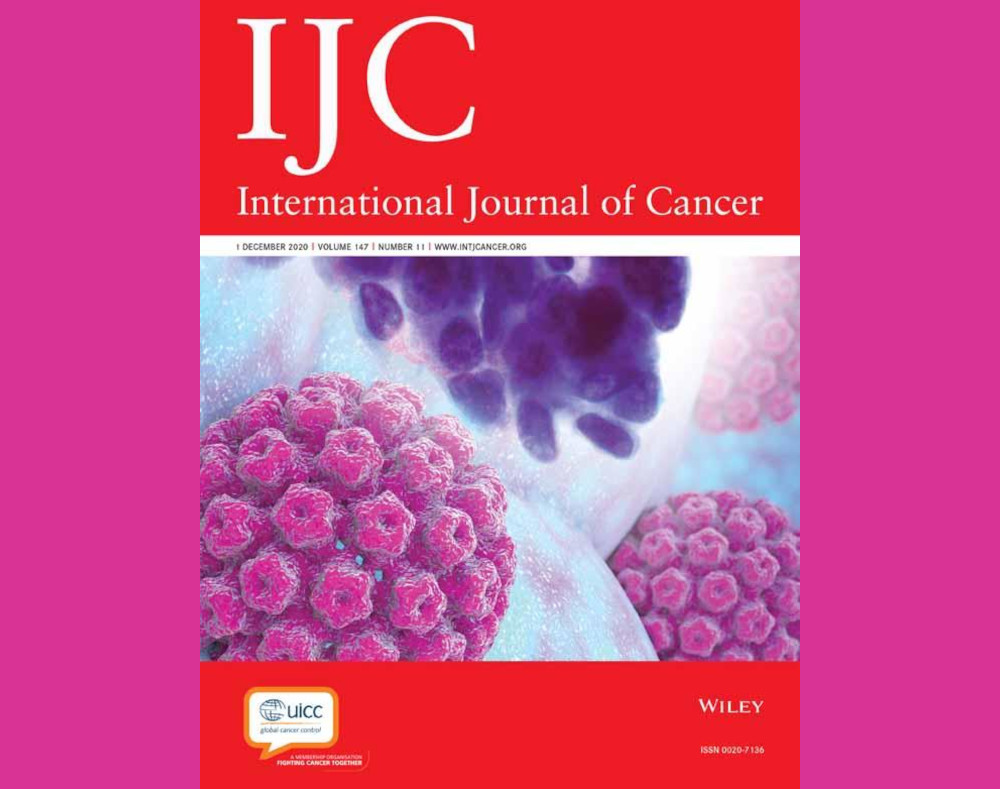Disruption to our circadian rhythms due to a mismatch between environmental influences, such as exposure to light or mealtimes, and our internal 24-hour clock (circadian rhythm) is a possible cause of cancer. However, the cancer risk can be considerably reduced by physical activity. This positive effect might be particularly strong for exercise done in the morning – that is the main finding of a recent study conducted by MedUni Vienna’s Division of Epidemiology in collaboration with the Barcelona Institute for Global Health (ISGlobal) and recently published in the prestigious International Journal of Cancer.
Studies indicate a possible correlation between factors that disrupt our circadian rhythms, such as exposure to light during the night or eating late in the evening, and the risk of developing cancer. Furthermore, studies have repeatedly demonstrated that regular moderate physical exercise can significantly reduce cancer risk. However, so far it has not been clear whether the time of day when physical activity takes place plays any significant role.
Morning exercise protects – late chronotypes in particular
In collaboration with the Pompeu Fabra University in Barcelona and Manolis Kogevinas and Gemma Castaño-Vinyals from the Barcelona Institute for Global Health (ISGlobal), lead author Jakob Weitzer and co-author Kyriaki Papantoniou from the Division of Epidemiology of the Medical University of Vienna have investigated the hypothesis that sporting activities in the morning potentially reduce the risk of prostate and breast cancer more than sporting activities at other times of day. The hypothesis is based on results from an experimental study showing that physical activity in the afternoon or evening can delay the melatonin rhythm.
The human body primarily produces the hormone melatonin during the night and some studies have associated this hormone with a lower cancer risk.
The team of scientists investigated this question with 2,795 participants in the population-based Multi-Case Control Study (MCC-Spain). They found that the protective effect of exercise on the risk of developing prostate or breast cancer is potentially greatest when the physical activity takes place between 8:00 – 10:00 in the morning. However, in men this effect was just as strong for regular sporting activity in the evening (19:00 – 23:00 hrs.)
The participants’ chronotypes, that is to say their preferences for sleep and activity at a particular time of day, likewise influenced the results: morning exercise (8:00 – 10:00) appeared to be particularly good for participants who essentially prefer to be active in the evening – so-called “owls” or late chronotypes. “The timing of physical activity obviously has an effect upon the rhythm of sex hormones and melatonin, as well as on food metabolism. That might explain our results,” point out the researchers.
“Although these new insights cannot be used as a basis for determining the ideal time of day to exercise in order to lower one’s cancer risk, in general one can reduce one’s cancer risk significantly just by incorporating at least 150 minutes of moderate physical exercise into one’s weekly routine.”
Service: International Journal of Cancer
“Effect of time of day of recreational and household physical activity on prostate and breast cancer risk (MCC Spain Study).” Jakob Weitzer, Gemma Castaño‐Vinyals, Nuria Aragonés, Inés Gómez‐Acebo, Marcela Guevara, Pilar Amiano, Vicente Martín, Ana Molina‐Barceló, Juan Alguacil, Victor Moreno, Claudia Suarez‐Calleja, José Juan Jiménez‐Moleón, Rafael Marcos‐Gragera, Kyriaki Papantoniou, Beatriz Pérez‐Gómez, Javier Llorca, Nieves Ascunce, Leire Gil, Esther Gracia‐Lavedan, Delphine Casabonne, Virginia Lope, Marina Pollán, Manolis Kogevinas. https://doi.org/10.1002/ijc.33310
Release: Mag. Thorsten Medwedeff, Communications and Public Relations, Medical University of Vienna
